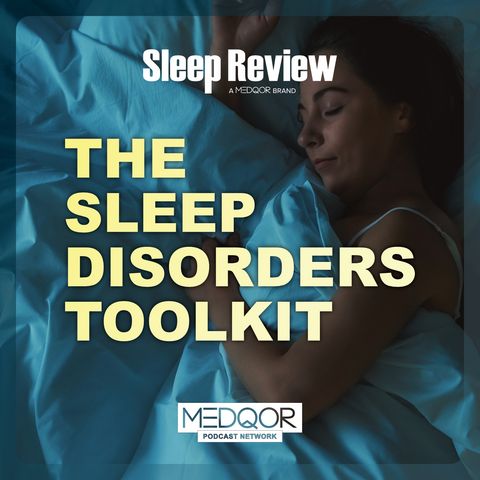Differential Diagnosis of Idiopathic Hypersomnia

Download and listen anywhere
Download your favorite episodes and enjoy them, wherever you are! Sign up or log in now to access offline listening.
Description
The differential diagnosis of idiopathic hypersomnia is challenging for several reasons. Its hallmark symptom, excessive daytime sleepiness, is a common symptom of many disorders, and ts ancillary symptoms also overlap...
show more- Sleep inertia: sleep inertia is common in patients with idiopathic hypersomnia but can also be reported by individuals with mood disorders
- Patients with idiopathic hypersomnia often find naps to be long and unrefreshing, while patients with narcolepsy generally find short naps to be restorative
- If a patient has prolonged nighttime sleep, long sleeper syndrome should be considered; in contrast to patients with idiopathic hypersomnia, long sleepers feel refreshed and do not have daytime sleepiness and difficulty awakening if they are allowed to sleep as long as they need
- Cognitive complaints, often described as "brain fog" are common symptoms of idiopathic hypersomnia but also can occur in patients with various sleep-wake disorders (including narcolepsy type 1 and insufficient sleep syndrome)
- Idiopathic hypersomnia can be particularly challenging to diagnose because of its lack of specific biomarkers, as well as its symptoms resembling those of other disorders. How do you differentiate idiopathic hypersomnia from hypersomnias of a specific cause, such as narcolepsy type 1 and type 2, insufficient sleep syndrome, or hypersomnia due to a neurodegenerative disease?
- A minority of people simply need to sleep longer than most, even 10 hours or more, to feel refreshed. How do you determine if that applies to a given person, who may not have a sleep disorder at all?
- How do you differentiate idiopathic hypersomnia from hypersomnia comorbid to psychiatric disorders, such as prolonged sleep time tied to depression?
- At what point in ruling out other disorders should objective sleep testing, such as polysomnography and multiple sleep latency testing, be done?
- Why is idiopathic hypersomnia sometimes confused with sleep-breathing disorders? When would you recommend a CPAP trial to address possible apneas, hypopneas, or respiratory-event related arousals?
- How do you distinguish chronic fatigue syndrome from idiopathic hypersomnia?
Information
| Author | Medqor |
| Organization | Eli Patterson |
| Website | - |
| Tags |
Copyright 2024 - Spreaker Inc. an iHeartMedia Company

Comments